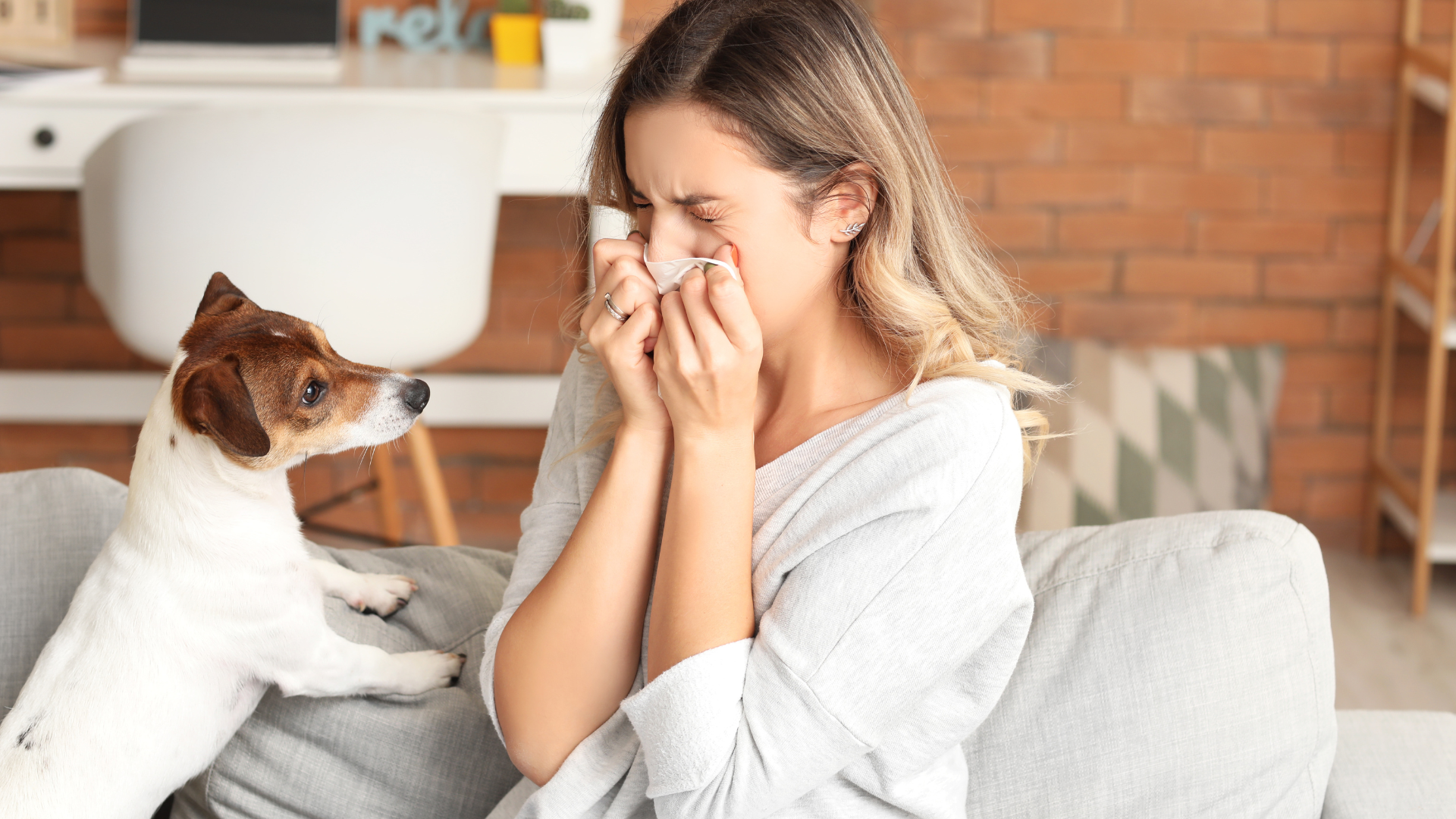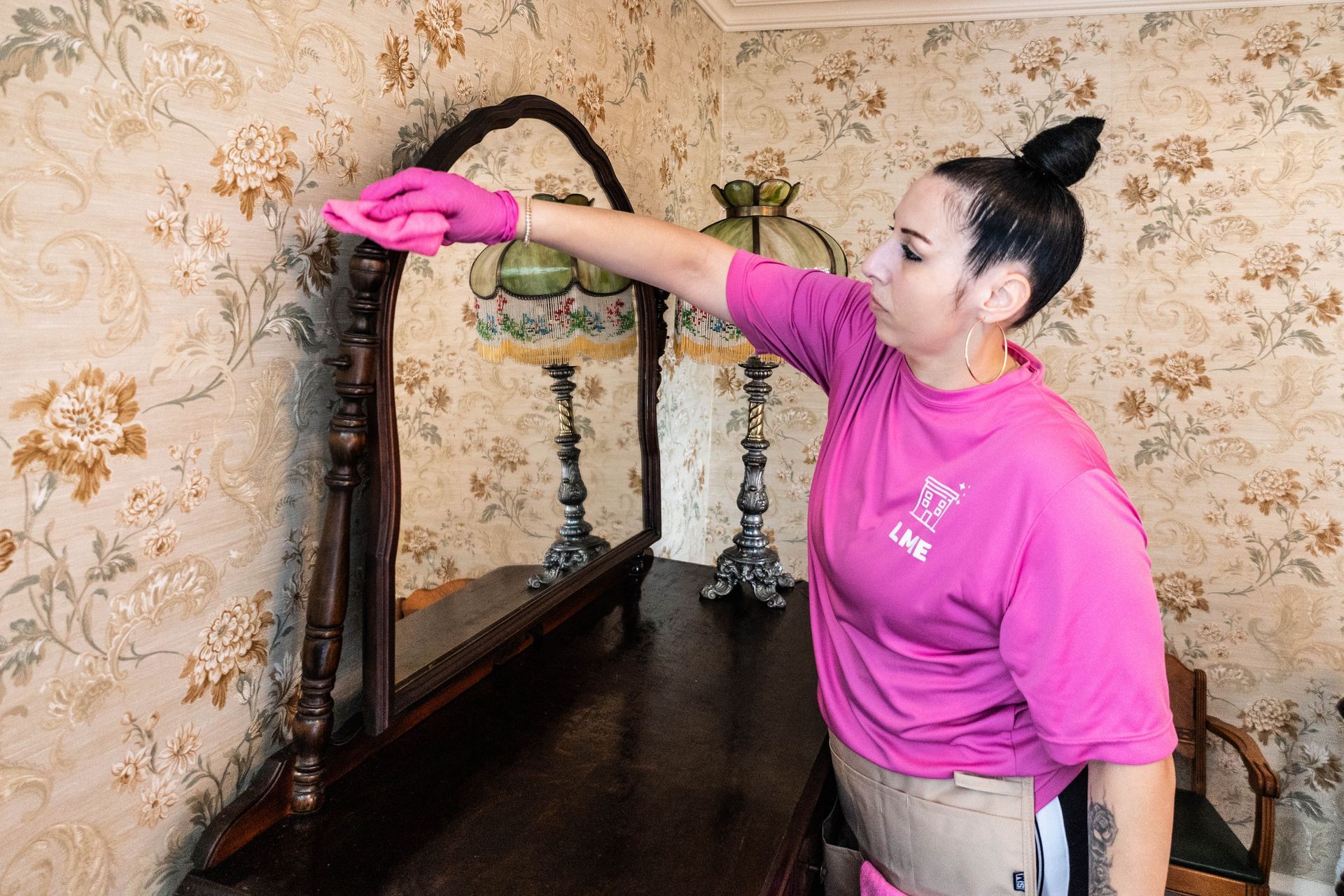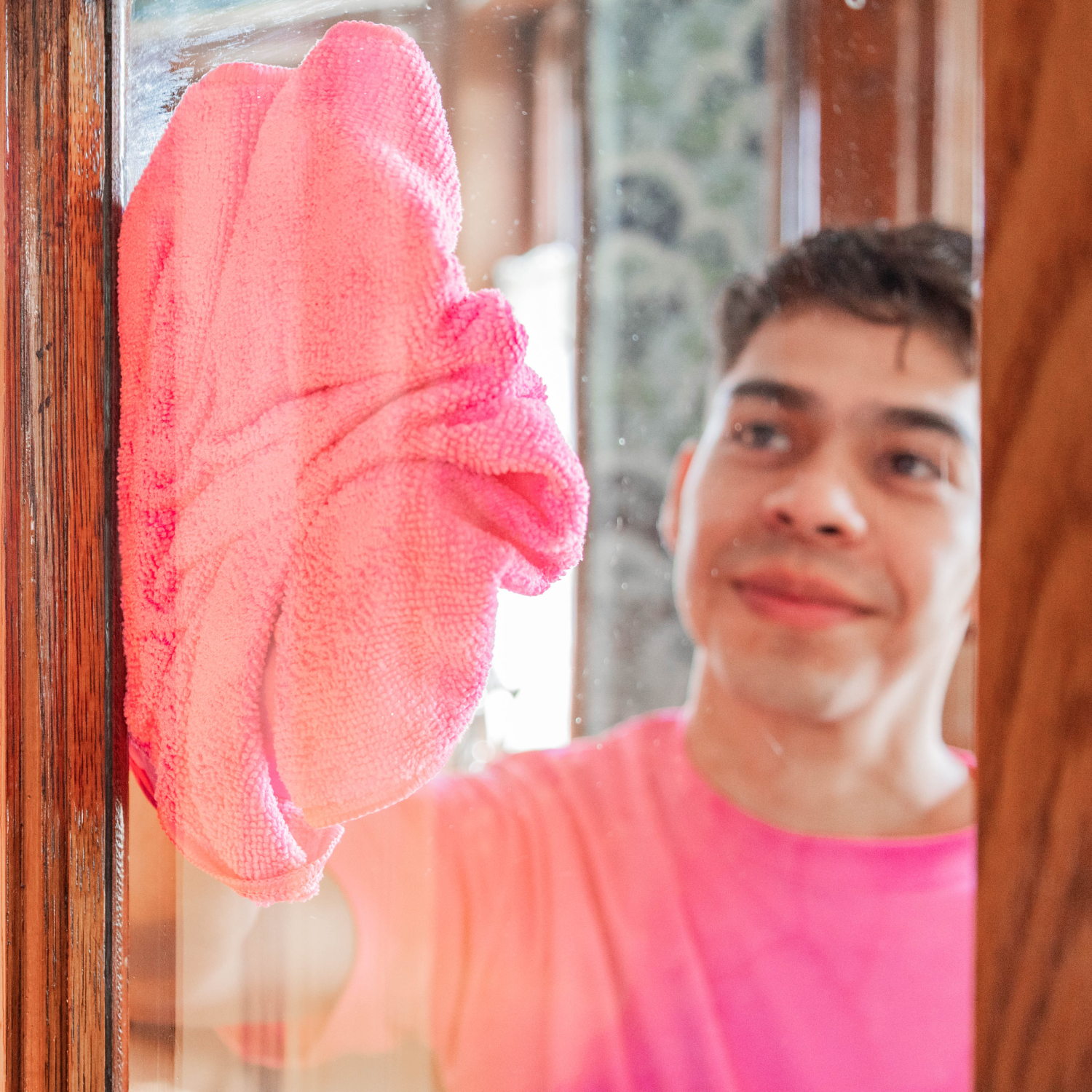How to Reduce Allergies at Home

It can be difficult to open a window when you have environmental allergies, let alone stir up dust, dander, pollen, or mould while cleaning your home. Allowing allergens to accumulate in your home, on the other hand, will not help you. You must know how to clean when you have allergies. Life Maid Easy has curated a cleaning guide for you this allergy season.
1. Make a cleaning plan
Those who have never checked the pollen prediction may be able to get away with slacking on the cleaning. If you have allergies, though, it’s crucial to stay on top of your cleaning so that your home isn’t a trigger zone. Allergy sufferers should clean at least once a week. Spread out the chores below so that you only have to conduct a small amount of maintenance each day. If you're a busy bee who rarely make time for everyday maintenance then schedule an appointment at Life Maid Easy and let us handle the dirty chores.
2. Vacuum on a regular basis
Brooms collect more dust than they remove, so if you're cleaning for allergies, make sure you're vacuuming rather than sweeping. Break out the vacuum cleaner — along with any necessary attachments — at least twice a week to clean all of your home's floors and furniture. A vacuum with a small-particle or HEPA filter is also recommended by the American Academy of Allergy, Asthma, and Immunology (AAAI). Pollen, dust, dander, and other small particles are trapped by these filters making it less prone for allergic reactions.
3. Dust once a week
Dusting with a microfiber cloth is one of the most important cleaning suggestions for allergy sufferers. Other dusters, like brooms, can just disperse allergens throughout the house, potentially triggering an allergy or asthma attack. Microfiber, on the other hand, is meant to catch microscopic particles, so it will do a better job of dust removal overall. When you hire us for your house cleaning, you can expect a complete dusting from the ceiling to the floor.
4. Launder Wash bedding once a week
Your sheets may appear to be clean, but they're coated in human and pet hair, dander, pollen from your clothes, dust mites, and a whole host of other things you don't want to think about. Use a mild, fragrance-free detergent to wash your bed sheets at least once a week. Vacuum your duvet or comforter at least twice a week, and your mattress cover at least once a month. You'll also need to vacuum your bed sheets twice weekly if you have furry companions cuddling up with you at night.
5. Blinds and curtains
Because window treatments are natural dust collectors, you'll want to keep that in mind. Vacuum any curtains or drapes at least once a month with an attachment. Alternatively, if your window coverings are machine-washable, you can wash them. If you have blinds, clean them with a microfiber towel or a microfiber blind cleaner once a month. (Tip: Investing in the latter will save you a significant amount of time and effort.)
6. Keep the amount of wetness in the bathroom to a bare minimum
When cleaning for allergies, it's critical to keep wetness under control. Bathroom dampness, if left unchecked, can lead to an increase in the amount of mould spores flying around your home. After each shower, wipe down the bathroom walls and floors with a microfiber cloth, and leave the doors open to allow the area to air out. You should also pull back the shower curtain to allow some air flow into the shower. Also, remember to clean beneath the toilet once a week to remove any hair or dust that has accumulated. Bathroom is one place that needs constant attention and with the use of right products, Life Maid Easy not only is responsible for cleanliness but also for a environmental friendly and hygienic bathroom cleaning.
7. Reduce allergies wherever possible
When you take certain precautionary measures, cleaning for allergies becomes a lot easier. Here are a few suggestions for reducing allergy triggers in your house.
• Take off your shoes at the door or in the mudroom
• Purchase a HEPA air filter
• Knowing how to get rid of scents will save you money on scented cleansers, candles, and air fresheners
• Embrace a minimalist look to reduce dust-gathering clutter
• To avoid lingering pools of water that contribute to mould, water plants using ice cubes
• On days when pollen counts are high, don't open your windows
If you’re an allergy sufferer, follow these cleaning recommendations to breathe easily in your own house.
Don't have time to clean your house once a week? Allow Life Maid Easy to take care of your allergens. Get 10% off on your first top to bottom deep cleaning. Get your free quote today. Fill up the form below.



